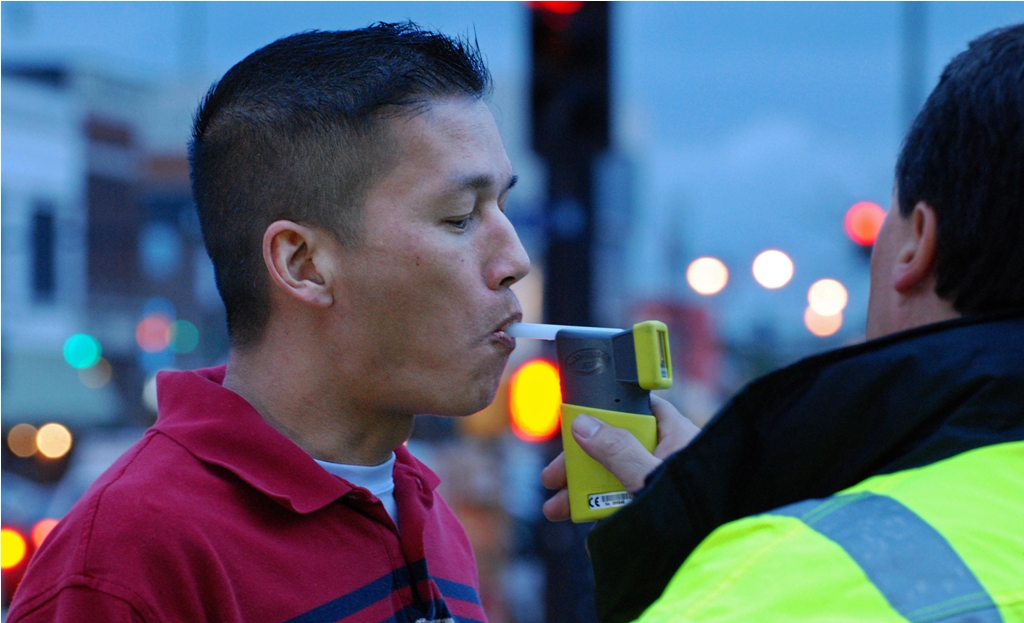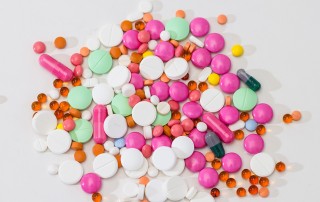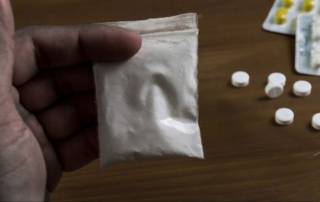Everyone already knows that driving while intoxicated by alcohol – DWI – is a crime in New York and every other state. Your judgment, coordination, and ability to drive are impaired when you consume any amount of alcohol. Similar dangers face those who drive under the influence of illegal drugs, prescription medicines, and many over-the-counter medications. Like drunk driving, drugged driving is a growing public health concern because it puts not only the driver at risk but also passengers and others who share the road. However, our Long Island DWI lawyers can help.
As we grow older, many of us must take some kind of prescription drug to stay healthy. However, pharmaceuticals and even some over-the-counter medicines can be just as dangerous as alcohol or illegal drugs if you use them and drive a motor vehicle. No one can drive legally while under the influence of a drug even if that drug is legal, prescribed, and necessary for the person’s health.
Vicodin, Demerol, Ambien, Dolophine, and Oxycontin are particularly likely to decrease someone’s driving ability. These are medications that considerably slow reflexes, thought processes, and reaction times, so driving or operating equipment while using these medicines must always be avoided. Eighteen percent of the drivers who died in traffic crashes in the United States in 2009 tested positive for at least one prescription or illegal drug, according to figures from the National Highway Traffic Safety Administration (NHTSA).
HOW IS INTOXICATION BY DRUGS DETERMINED?
Despite these facts, drugged driving laws have lagged behind alcohol legislation because of the difficulty in determining impairment “levels.” For alcohol, detection is relatively simple. The “legal limit” for drivers in every state is a blood alcohol content (BAC) level of 0.08 percent.
For other drugs, there is no reliable, agreed-upon limit. In other words, there’s no comparable standard to the 0.08 percent limit established for alcohol. The NHTSA says, “Determining which drugs and dosage levels impair driving related skills is a large undertaking given the number of potentially impairing drugs.”
In the state of New York, a person is guilty DWAI – driving while ability impaired – if he or she operates a motor vehicle while his or her ability to operate such a motor vehicle is impaired by the use of any drug, or if he or she is impaired by the combined influence of drugs or of alcohol and any drug or drugs. Some states have “zero tolerance” drugged driving laws that make it illegal to drive with any amount of drugs in your system. In fact, fifteen states have “per se” laws, which mean that any detectable level of an illegal drug while driving is, by definition, a violation.
Although that may sound like a good standard, it doesn’t take into account the fact that a driver may still have trace elements of a drug in his or her system long after the actual effects of the drug have worn off. For example, the active ingredient in marijuana – tetrahydrocannabinol or “THC” – can remain in the system for weeks, long after any sensation of “being high” has faded. In New York, you must actually be impaired by the drugs you’ve taken to be charged with DWAI.
For the purposes of New York’s DWAI law, you are legally impaired if your ability to operate a vehicle as a “reasonable and prudent” driver has been reduced “to any extent” as the result of using drugs or a combination of drugs and alcohol. You can even be arrested for DWAI in New York for just getting in your vehicle and cranking it up. The police don’t have to wait for you to move your vehicle before making an arrest.
WHAT DRUGS ARE PROHIBITED FOR DRIVERS IN NEW YORK?
The state of New York prohibits driving while impaired by any of the drugs or controlled substances that are listed in the New York Public Health Law. The law contains an extensive list of opiates, narcotics, depressants, stimulants, hallucinogens, and other substances. A doctor’s prescription will not shield a driver from a DWAI charge in the state of New York, even for medical marijuana.
Generally speaking, the penalties for a first-offense DWAI conviction are the same as those for a first-offense DWI conviction in New York. For drivers convicted of a first DWAI offense, it’s possible to be sentenced to up to a year in jail. The fine ranges from $500 to $1000, and a convicted offender’s driver’s license may be suspended for up to six months. Ignition interlock devices (IIDs) are not required for offenders convicted of DWAI.
Although DWAI and driving while intoxicated are separate criminal charges in New York, a DWAI conviction is nevertheless considered a prior offense if the offender is subsequently accused of any crime involving drugs, alcohol, or their combination. For most sentencing purposes, a prior DWAI or DWI conviction stays on your record – and can be counted against you – for up to ten years.
WHAT MAKES DWAI PARTICULARLY DIFFICULT FOR DEFENDANTS?
One problem for defendants in New York DWAI cases is that because it’s a low-level charge, there’s no “reduced” charge that prosecutors can offer as part of a plea bargain. That means that most people simply plead guilty to the charge, and that can be a mistake. A defendant generally has nothing to lose by taking a case to trial for which no plea bargain is offered. Because DWAI is a “violation” in New York rather than a felony or a misdemeanor, DWAI trials are held without juries and can usually be concluded in a day.
If you use any over-the-counter or prescription medicine, read the warning labels and directions carefully. If you use any medicine that could impair your ability to drive, then it’s probably better simply not to drive. Do not let your prescription medication cause you to be charged with DWAI. Any driver who is charged with DWAI in New York City or on Long Island will need to retain legal counsel and discuss the case with an experienced criminal defense attorney.
Always be careful with medications like Ambien, Ativan, Vicodin, and Sudafed. If you’re driving, these medicines can pose just as much danger to you and the innocent people around you as alcohol. You can always learn more about these medicines by speaking with your doctor or by going online, and you can learn more about prescription drugs and DWAI by consulting an experienced Long Island DWI attorney.














